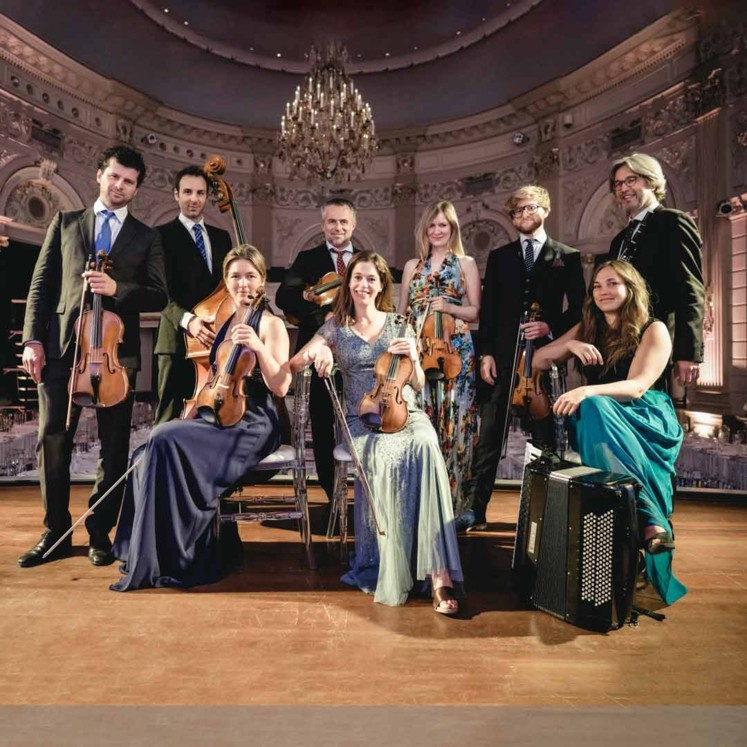
Eternal Counterpoint
Avant-garde movements have always been torn between aesthetically radical convictions and financial constraints. The Second Viennese School centred around the redoubtable twelve-tone composer Arnold Schönberg was no exception: the society for private musical performance which he founded with the object of performing works of the present and immediate past in exemplary interpretations - in order to provide „artists and music lovers with a real and precise knowledge of modern music“ - had to be wound up for lack of funds in December 1921 after only three years of existence. The unperformed arrangement of Anton Bruckner's Symphony No. 7 in E major for chamber ensemble by the Schönberg pupils Hans Eisler, Erwin Stein and Karl Rankl disappeared into a drawer until its rediscovery in 1994. Alongside this original arrangement the Camerata RCO, consisting of members of the Royal Concertgebouw Orchestra, will be performing the slow movement for string quartet by Anton Webern and a version by Webern of Schönberg's Chamber Symphony No.1 in E major, whose bold harmonies follow on seamlessly from the model provided by Bruckner's late work.
Anton von Webern (1883–1945)
Slow Movement for String Quartet (1905)
Arnold Schönberg (1874–1951)
Chamber Symphony Nr. 1 E major, op. 9 (1905–06)
[1922–23 created editing for Flute, Clarinet, Violin, Cello and Piano by Anton von Webern]
– Interval –
Anton Bruckner (1824–1896)
Symphony Nr. 7 in E major, WAB 107 (1881–83)
[1921 created editing for clarinet, horn, two violins, viola, cello, double bass, timpani, piano for four hands and harmonium by Hanns Eisler (1898–1962), Erwin Stein (1885–1958) and Karl Rankl (1898–1968)]
Camerata RCO
Kersten McCall | Flute
Hein Wiedijk | Clarinet
Fons Verspaandonk | Horn
Ursula Schoch, Joanna Westers | Violin
Jeroen Woudstra | Viola
Maartje-Maria den Herder | Cello
Olivier Thiery | Double bass
Marc Aixa Siurana | Timpani
Franka Herwig | Accordeon
Frank van de Laar | Piano
Rolf Verbeek | Conductor